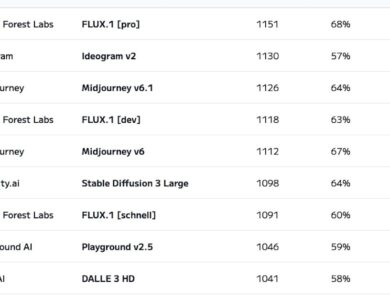Introduce RSS in 2024

RSS actually stands for Really Simple Syndication or Rich Site Summary, but it is an application you probably used while logging onto the internet. In this case, syndication means republishing material from one source, such as a website, on another platform.
How RSS Works
RSS is a method of syndication where updates from websites are shared; most of the time, summaries or images of the latest posts are included. Summaries allow the user to easily glance over the content and make a decision as to whether to follow through to the website. An RSS feed usually contains the update title and the linked source website.
Benefits of RSS
There are several benefits of RSS for readers and web publishers alike:
- Instant Updates: Obtain the most recent information the moment it is published, whether it be news, weather updates, or new posts on any blog.
- Time Efficiency: RSS feeds give the summary and thus enables one to prioritize what to read, hence saving time.
- User Control: A user is always in control of the kind of sites they opt for subscription; they are at liberty to change this list at their own will.
- Reduced Clutter: Unlike email updates, RSS feeds do not clog up your inbox.
- Spam-Free: Because RSS feeds do not make use of your e-mail address, you are safe from spams.
- Easy Unsubscribing: When you no longer want to use a particular RSS feed, you need only remove that feed from your aggregator.
- Marketing Tool: RSS can become a tool for direct and focused advertisement wherein interested users could be kept abreast without having their inboxes flooded with unwanted emails.
Disadvantages of RSS
While there are many advantages to RSS, some disadvantages are:
- Preference for Email: Some users prefer receiving updates via email rather than using an RSS feed.
- Limited Visuals: Not all RSS feeds display images, which can limit the visual appeal of the feed.
- Confusion Over Sources: RSS feeds don’t always clearly display the source website, which might make things confusing.
- Limited Analytics for Publishers: The publishers cannot know how many people subscribed to it or why it is that users unsubscribe.
- Demand on Servers: RSS feeds will increase traffic and, therefore, strain servers as users normally click through to view full updates.
- Limited Adoption: Being relatively new, many websites still don’t support RSS.
Getting Started with RSS
To use RSS you need two things, an RSS feed from a Website, and an RSS aggregator or reader, to view the feed. The aggregator collects update information from the web in real-time.
Choosing an Aggregator: Web-based aggregators are mostly user-friendly and free; they, therefore, may be more appealing to the beginner. More experienced users, however, may opt for paid downloadable versions that allow greater customization.
Finding the RSS Feed: Most websites these days have an RSS or XML button. Just click these buttons to get the feed’s code.
Add the Feed: Copy the URL of the feed and paste it into your aggregator, and you are ready to receive updates.
RSS and Internet Marketing
Designed by Netscape, RSS was originally targeted at helping the user customize their homepages with links to favorite sites. How it eventually also came to be used in internet marketing was an unplanned but important development. Through RSS feeds, businesses can now keep interested customers notified of new products or services in a more effective manner.
Using RSS for Marketing
For the full potential of RSS in marketing, business companies would need to partner up with email providers, social networking sites, and media sites in order to reach more people. Small firms would be smart enough to target specific or niche blogs, clubs, or organizations in regard to their products.
The Future of RSS
RSS certainly is an innovation in information management and online marketing. As more and more popularity is continued to be obtained by it, we can expect even more advanced RSS technologies to come out that will help both the user and the website owner.
read more : Understanding RSS Aggregators in 2024



